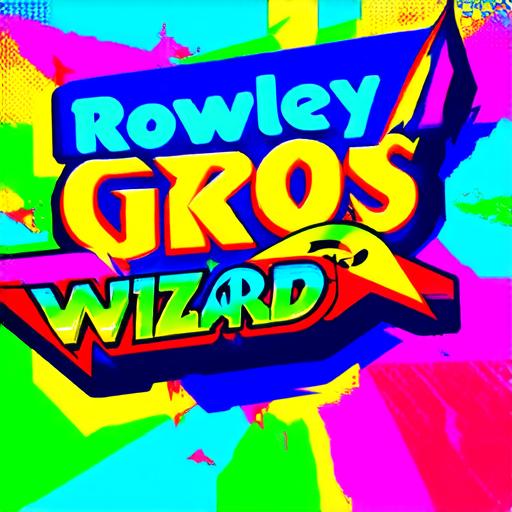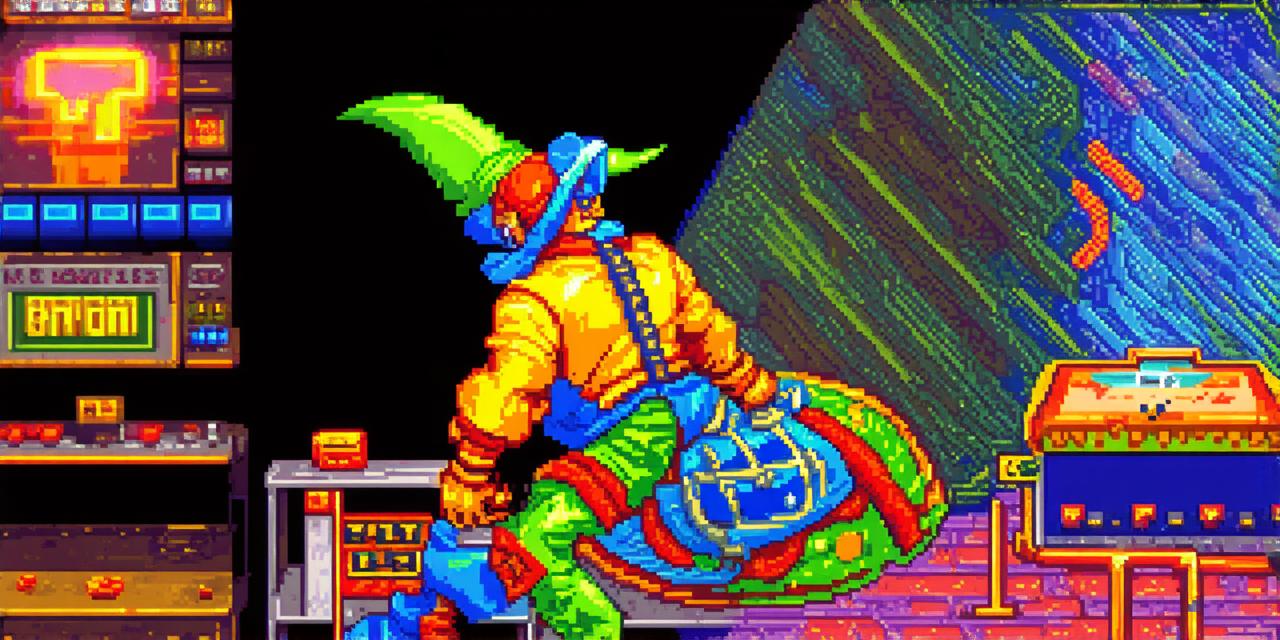Introduction:
Are you wondering why the underdog Rowley was able to beat the more experienced Greg in the Twisted Wizard video game? In this article, we will delve into the world of game development and explore the strategies that made Rowley’s victory possible. We’ll examine how he used his knowledge of the game mechanics, psychological tactics, and community engagement to outsmart his opponent. Whether you’re a gamer or a game developer, you can learn from Rowley’s example and apply these insights to your own games.
Part 1: Knowledge of the Game Mechanics
Rowley’s success in Twisted Wizard was built on his understanding of the game mechanics. The game involves manipulating wizards by moving them with a joystick, casting spells, and timing actions perfectly. Rowley spent hours studying the game and memorizing its rules, strategies, and patterns. This knowledge gave him an edge over Greg, who relied more on instinct and experience.
One of the most important things that Rowley did was to analyze the strengths and weaknesses of the different wizards in the game. He learned which wizards were best suited for certain tasks, such as dealing damage or controlling the battlefield. By doing this, he was able to adapt his strategy on the fly, choosing the right wizard for each situation.
Another key factor that Rowley’s victory can be attributed to is his ability to read and predict his opponent’s moves. By analyzing Greg’s movements and patterns, he was able to anticipate where he would go next and plan his own actions accordingly. This allowed Rowley to stay one step ahead of Greg and take advantage of any mistakes he made.

Part 2: Psychological Tactics
In addition to his knowledge of the game mechanics, Rowley also used psychological tactics to outsmart Greg. One of the most effective strategies he employed was mind games. He would taunt Greg and make him doubt himself, which would cause him to become nervous and make mistakes.
Rowley also used social proof to his advantage. He would use his community of friends as a source of encouragement and support, which helped him stay motivated and focused during the game. This gave him the confidence he needed to take on Greg and ultimately win.
Part 3: Community Engagement
Finally, Rowley’s success in Twisted Wizard can be attributed to his strong community engagement skills. He was able to rally his friends and other players to support him during the game, which helped him stay motivated and focused. His community also provided him with valuable insights into the game mechanics and strategies, which he used to improve his own performance.
Rowley’s ability to build a strong community around him was also key to his success. By engaging with other players and building relationships, he was able to gain access to valuable information and resources that helped him become a better gamer. This is something that all game developers should take note of – building a strong community around your game can be just as important as creating an engaging gameplay experience.
Conclusion:
In conclusion, Rowley’s victory in Twisted Wizard was a result of his deep understanding of the game mechanics, effective use of psychological tactics, and strong community engagement skills. By using these strategies, he was able to outsmart his more experienced opponent and become the champion of the game. As a game developer, you can learn from Rowley’s example and apply these insights to your own games. Whether you’re developing a new game or looking to improve an existing one, these strategies can help you create a more engaging and immersive gaming experience for your players.
FAQ:
What were the key factors that contributed to Rowley’s victory in Twisted Wizard?
A: Knowledge of the game mechanics, psychological tactics, and community engagement skills.
Q: How did Rowley use his knowledge of the game mechanics to his advantage?
A: By analyzing the strengths and weaknesses of the different wizards in the game, choosing the right wizard for each situation, and reading and predicting his opponent’s moves.
Q: What role did psychological tactics play in Rowley’s victory?
A: By using mind games to doubt Greg, and social proof from his community to stay motivated and focused.
